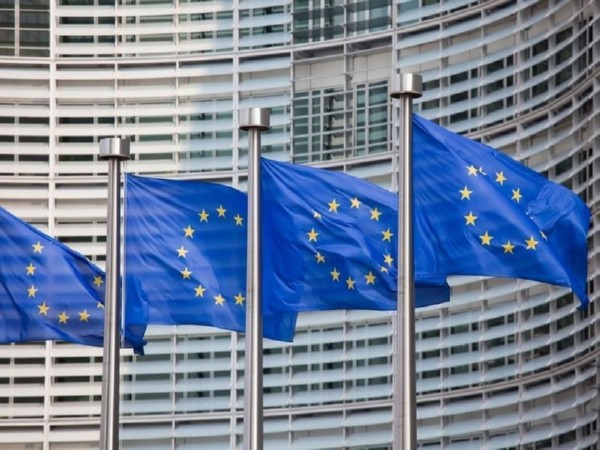Trump has proposed a 50 per cent tariff on all goods from the EU, expressing frustration with the slow pace of trade talks. The new tariff could begin on 1 June
The European Union’s trade commissioner has said that any trade deal with the United States must be built on “respect, not threats”, after US President Donald Trump warned of steep new tariffs on EU goods. Trump has proposed a 50 per cent tariff on all goods from the EU, expressing frustration with the slow pace of trade talks. The new tariff could begin on 1 June.
In a post on X, EU trade commissioner Maroš Šefčovič said he had spoken with US trade representative Jamieson Greer and commerce secretary Howard Lutnick. “The EU is fully engaged, committed to securing a deal that works for both,” he said. “EU-US trade is unmatched and must be guided by mutual respect, not threats. We stand ready to defend our interests.”
Trump had earlier written on Truth Social: “The European Union, which was formed for the primary purpose of taking advantage of the United States on trade, has been very difficult to deal with.”
He claimed the US has a $250 billion yearly trade deficit with the EU, and that talks were “going nowhere.” He added there would be no tariffs on products made inside the US, but suggested that a major investment by a European company might change his mind.
The EU is one of America’s biggest trade partners. Last year, it exported over $600 billion worth of goods to the US and imported around $370 billion, according to US government data.
The US had already introduced a 20 per cent tariff on most EU goods in early April, but later cut that rate in half to continue negotiations. Tariffs on steel, aluminium and vehicle parts have remained in place, and Trump has threatened similar tariffs on medicines, semiconductors, and other items. Trump also said he may place a 25 per cent tax on all Apple and Samsung phones sold in the US, which would start at the end of June. According to The Guardian, this statement led to a drop in US and European stock markets.
European leaders reacted with disappointment. French trade minister Laurent Saint-Martin posted on X: “We are maintaining the same line: de-escalation, but we are ready to respond.”
Italy’s foreign minister, Antonio Tajani, said in an interview with the Ansa news agency that his goal remains “zero-for-zero tariffs.”
In the Netherlands, Dutch Prime Minister Dick Schoof told reporters the EU is likely to see the US threat as part of the ongoing talks. “We have seen before that tariffs can go up and down in talks with the US,” he said.
Irish Prime Minister Micheál Martin said Trump’s idea was “extremely disappointing.” In a post on X, he wrote, “Tariffs at the level suggested would not only push prices up, they would grievously damage one of the world’s most dynamic and significant trading relationships, as well as disrupting wider global trade. We do not need to go down this road. Negotiations are the best and only sustainable way forward.”
The Guardian also reported that Bernd Lange, the head of the EU’s trade committee, warned that Europe is ready to hit back. “We will not allow ourselves to be pressured,” he said. “If the negotiations are unsuccessful, the European Union is strong enough to implement countermeasures, such as counter-tariffs, to offset the economic damage.”









